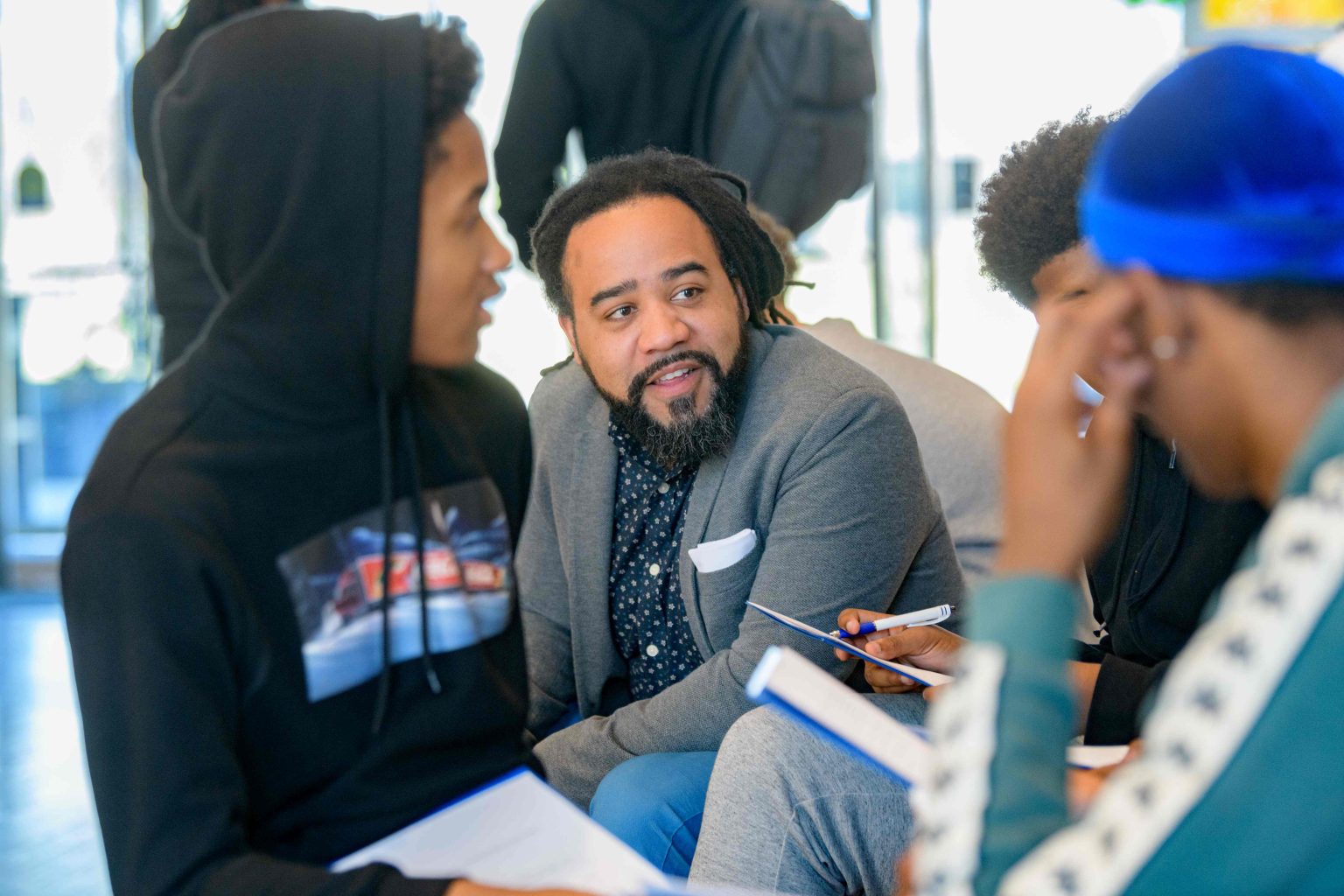Human Development and Family Sciences
Research Spotlight: Roderick L. Carey

University of Delaware professor publishes a rich case study of Black and Latinx experiences at a college preparatory school
What comes next after high school graduation? While this question can be vexing for many students, adolescents from low-income Black and Latinx communities face many barriers in imagining and actualizing life after high school. Many educators help these students persevere by adopting a “college-for-all” school culture, but few studies have looked at whether this strategy responds to these students’ broader goals and aspirations.
In a new study published in the American Educational Research Journal, Roderick L. Carey, assistant professor in UD’s College of Education and Human Development, offers a rich, ethnographic case study on how Black and Latinx boys imagine their postsecondary futures. With attention to the students’ first-person narratives about their school experiences and personal aspirations, Carey shows how their high school—a Mid-Atlantic college preparatory school in the United States—ultimately fails to understand and support their college, career and personal aspirations for life after graduation.
“College is just one facet of a broader interconnected life that adolescents need support in imagining,” said Carey, who teaches and conducts research within CEHD’s Department of Human Development and Family Sciences. “Postsecondary future selves is a concept that folds together three pieces of that broader life—college, career and life condition, or ‘the 3Cs.’ By focusing on one, and ignoring the other two, educators miss the mark.”
Please click here to view the full article.
